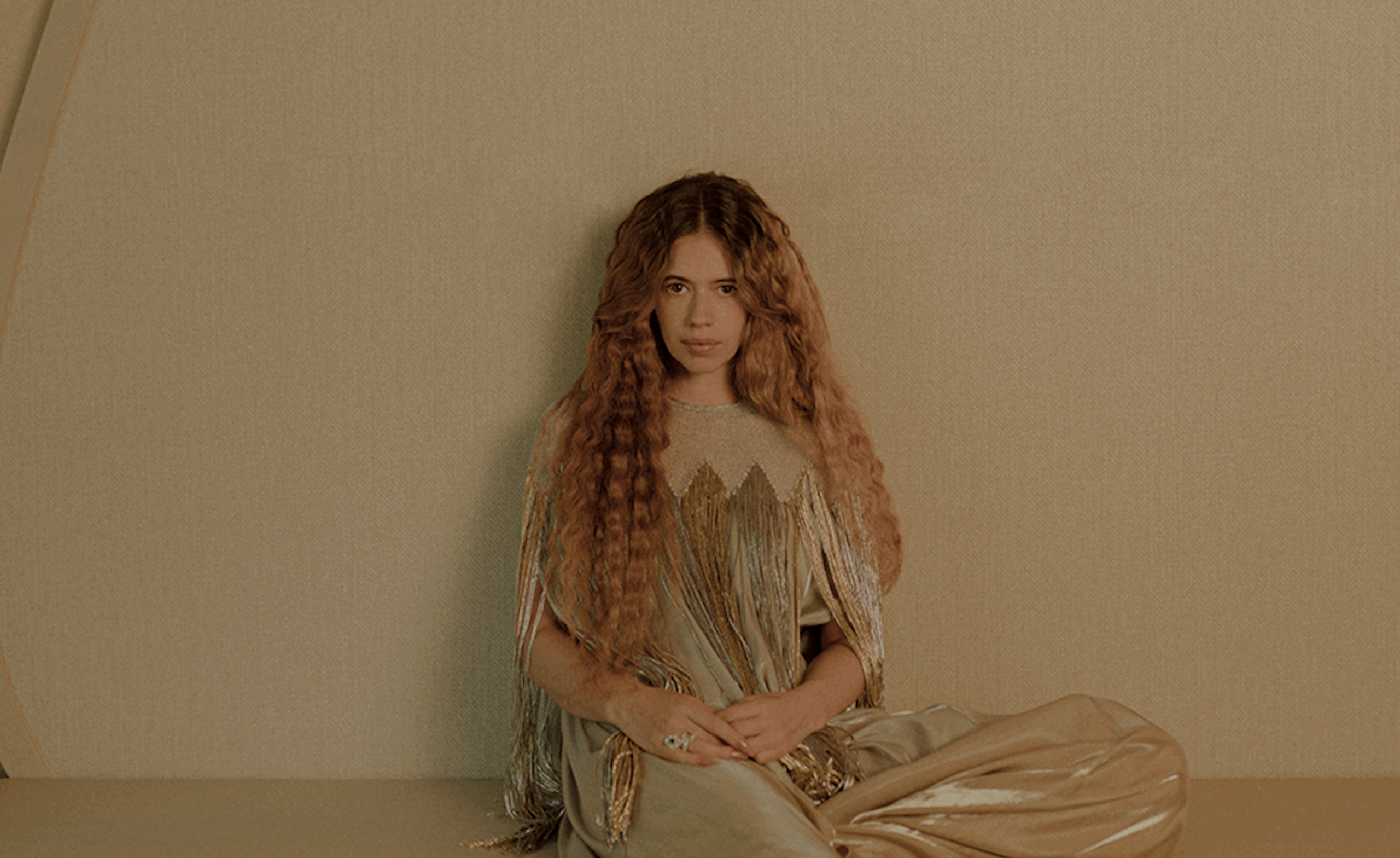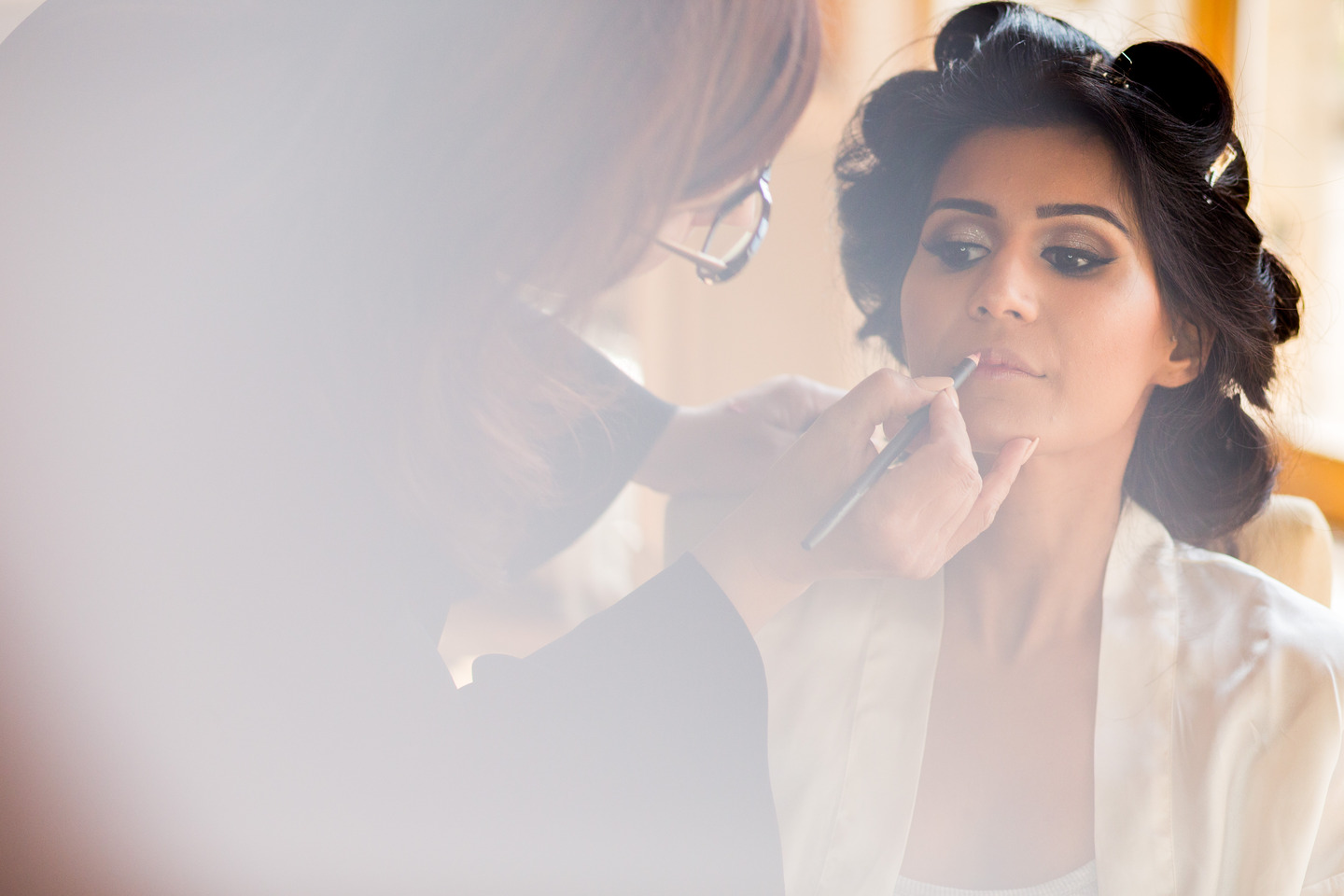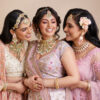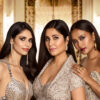There are few films as ingrained into the fabric of a generation as Yeh Jawaani Hai Deewani. Released in 2013, this cinematic gem held up a mirror to our deepest desires to chase horizons, embrace our ambitions, and yet never forget the ones we love. But it isn’t your typical coming‐of‐age love story, instead a narrative of courage to move out of comfort zones, of friendships that stretch across years, unspoken longings, and ultimately, choosing the kind of love that lasts.
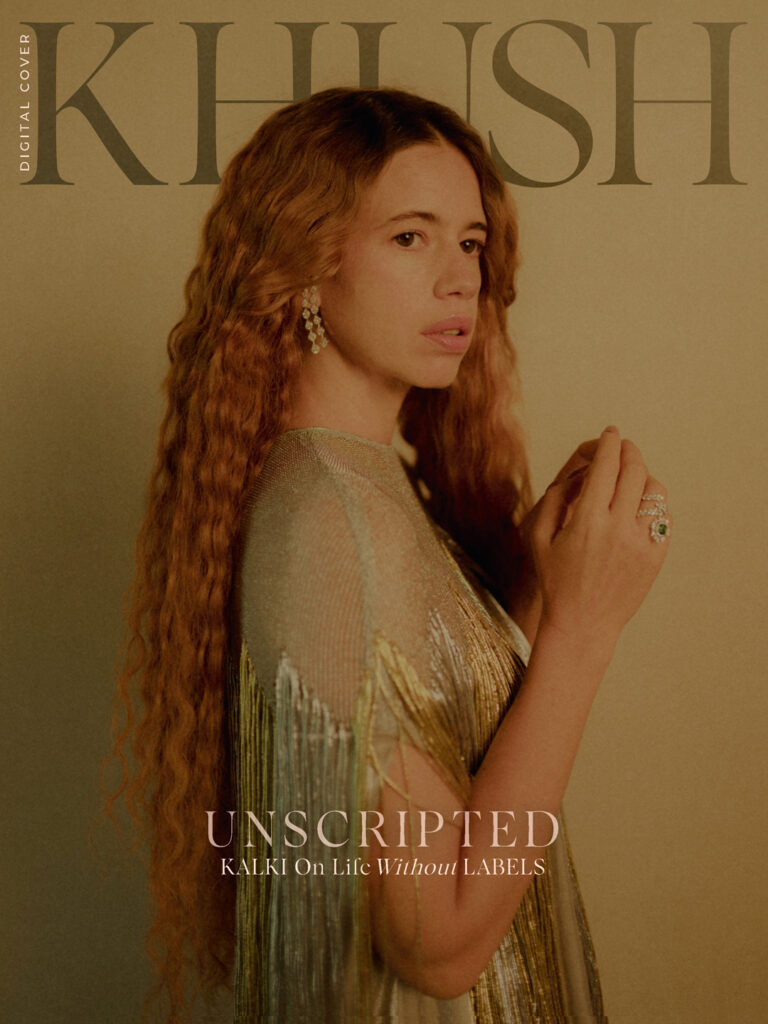
I remember that first screening like a déjà vu. Every banter shared between Bunny and Naina resonated with familiar warmth. As Avi’s laughter echoed, Aditi yearned for his attention. It was, however, the movie’s subtle undercurrent that lingered most. The haunting question of whether Aditi’s choice to marry Taran was born from genuine love or a desperate attempt to supress the feelings she harboured for Avi. I carried that weight, shared, I’m sure, by many millennials who rooted for Aditi and held my breath through her choices that not just defined her story but perhaps also echoed my own struggles with love and timing.
Cut to July 2025, Kalki Koechlin offers me a moment of clarity with her gentle wisdom IRL. “No, Aditi didn’t marry Taran to escape anything,” she tells me as we sit down for a chat after we wrap our cover shoot with Khush. “She chose him because she had grown up, recognising that true partnership isn’t found in intense passion alone, but in the unwavering strength of someone who becomes your confidante, who embraces every facet of who you are, who offers unwavering respect, care and consistency,” she explains, giving me that much-needed closure.
Body of art
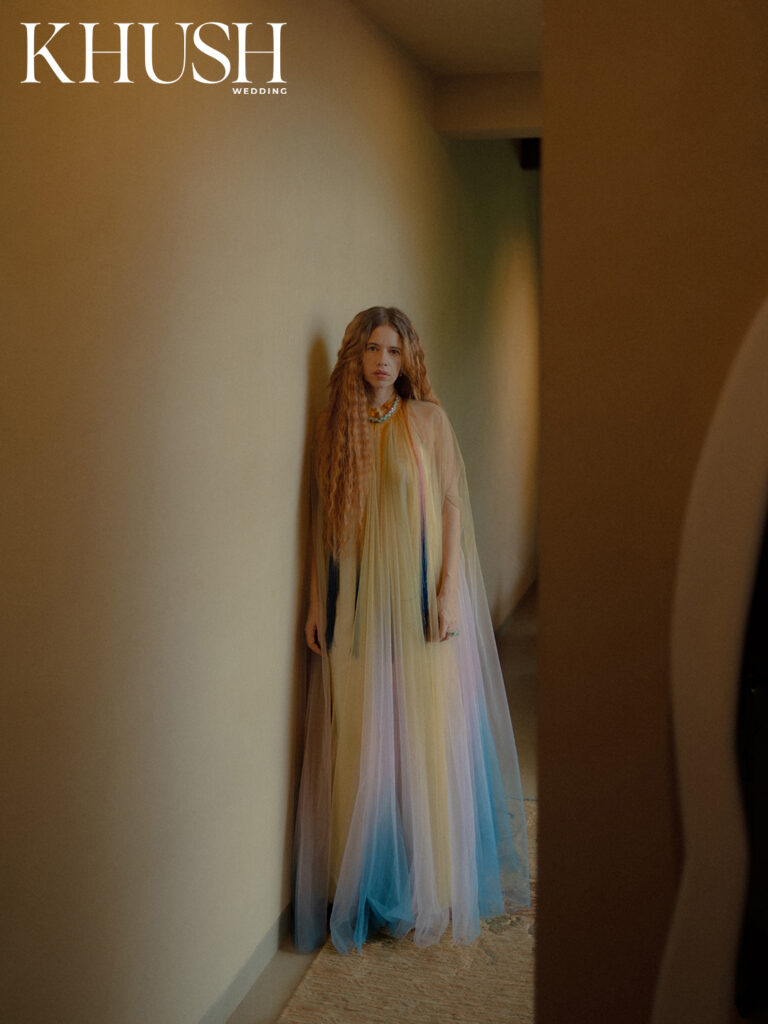
If her role as Aditi captured the chaos of growing up, her role as Natasha in Zindagi Na Milegi Dobaraembodied another touchpoint that many women would resonate wit. “She was sharp and had restless energy of someone who knew her worth yet struggled with vulnerability,” Kalki muses about the character that was often misread as controlling.
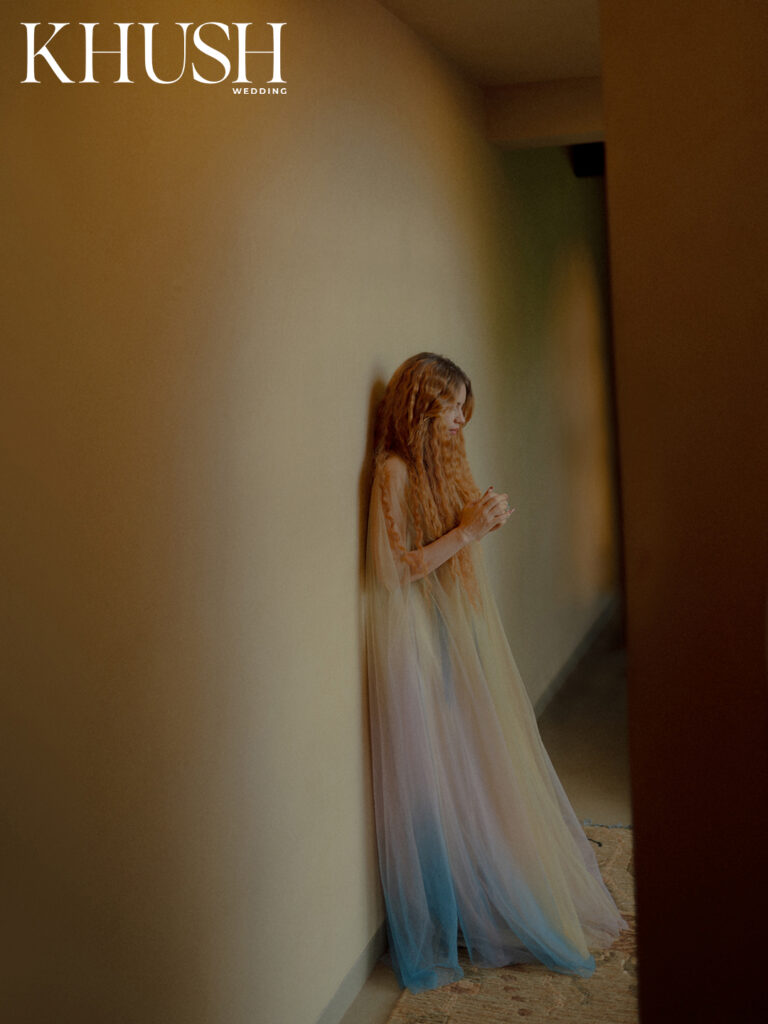
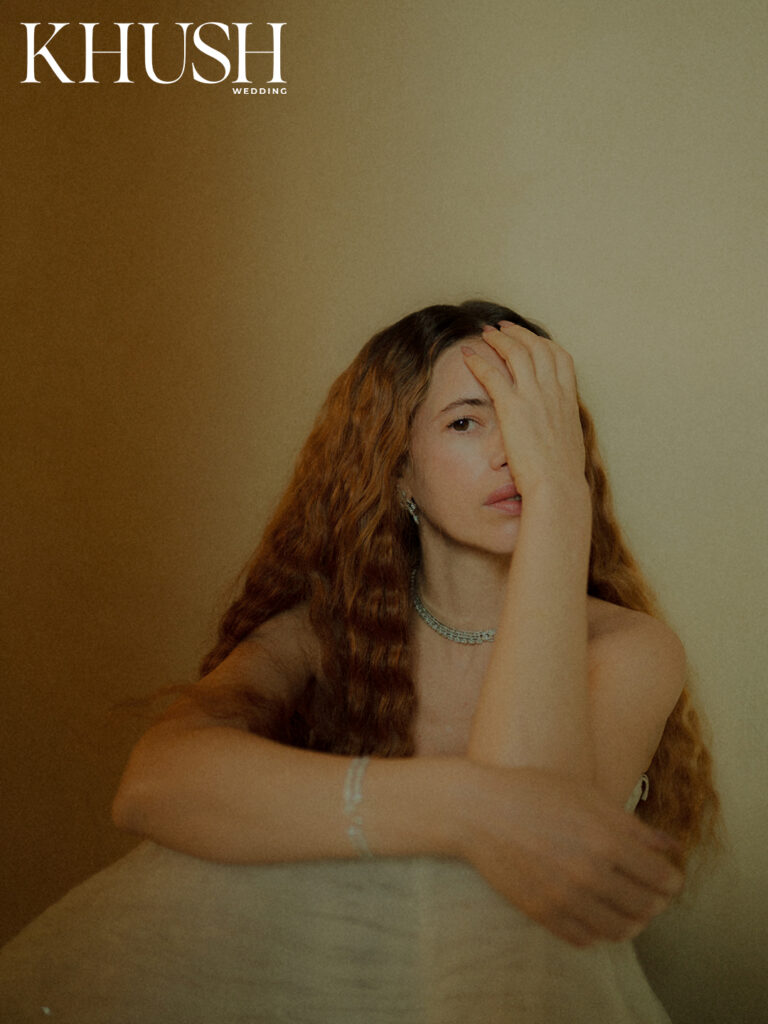
The character she connected with during its filming was “Faiza Naqvi,” she confesses. In the superhit Amazon Prime Video series ‘Made in Heaven’, Kalki essays a complex woman from an elite background who becomes entangled in a love triangle with her best friend Tara’s husband, Adil. “It was interesting to unravel the many layers of Faiza. I was a vulnerable woman in love and also a friend weighed down by the guilt of in a way cheating on her best friend by not being transparent with her. That complexity challenged my own sense of right and wrong while playing her. While I couldn’t relate to the relationship choices or her elite background, but in terms of her emotional baggage, I could associate with Faiza. I have been through a divorce, and also needed therapy,” Kalki reveals with raw honesty, as we wrap up our cover shoot in Goa. Dressed in a nonchalant yet polished plaid dress, she radiates the poise of someone still navigating her own battles. The on and off-screen parallel is hard to miss. Kalki embodies the very contradictions she brings to screen, at once effortless and deliberate.
Inclusive and impressive
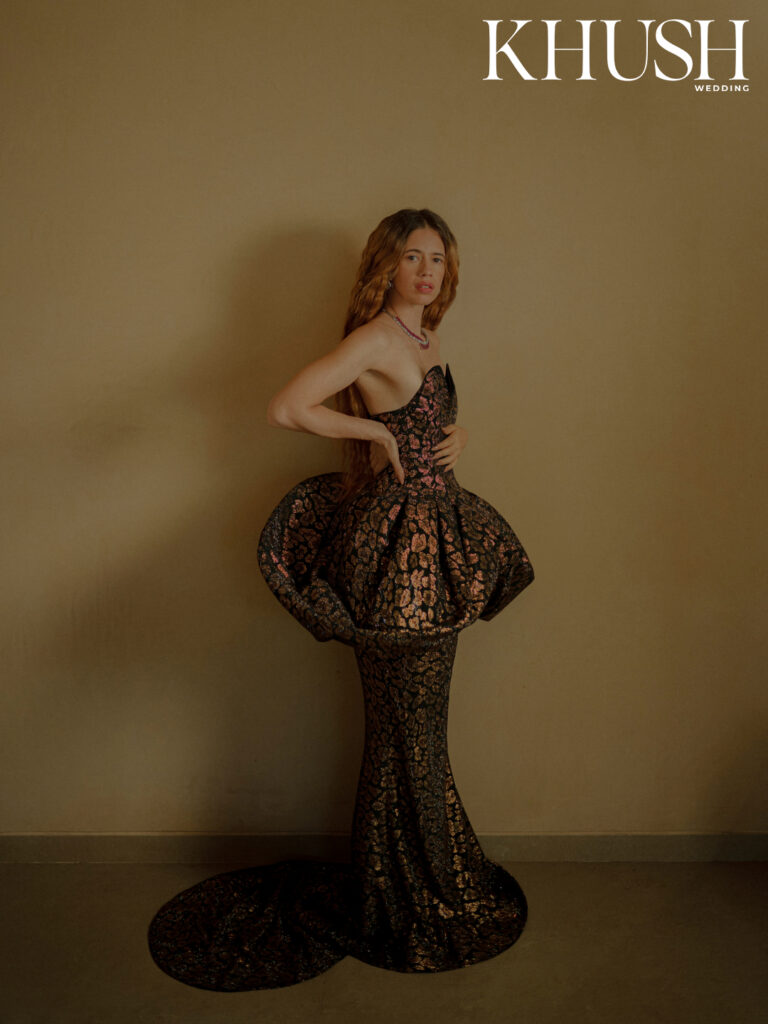
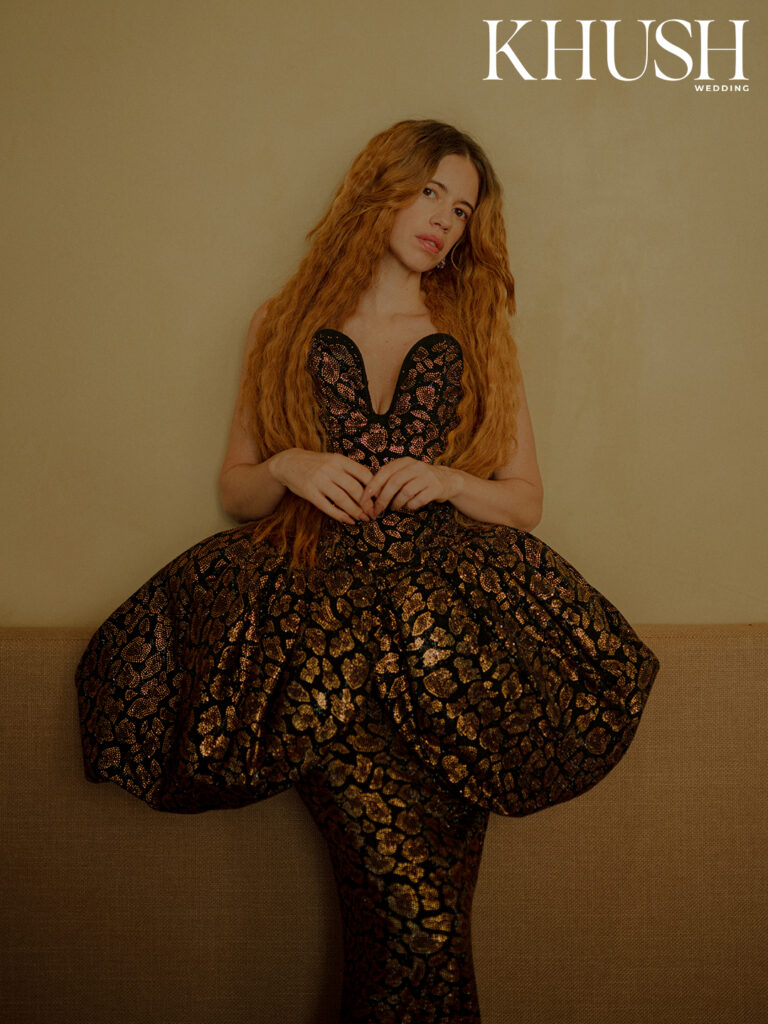
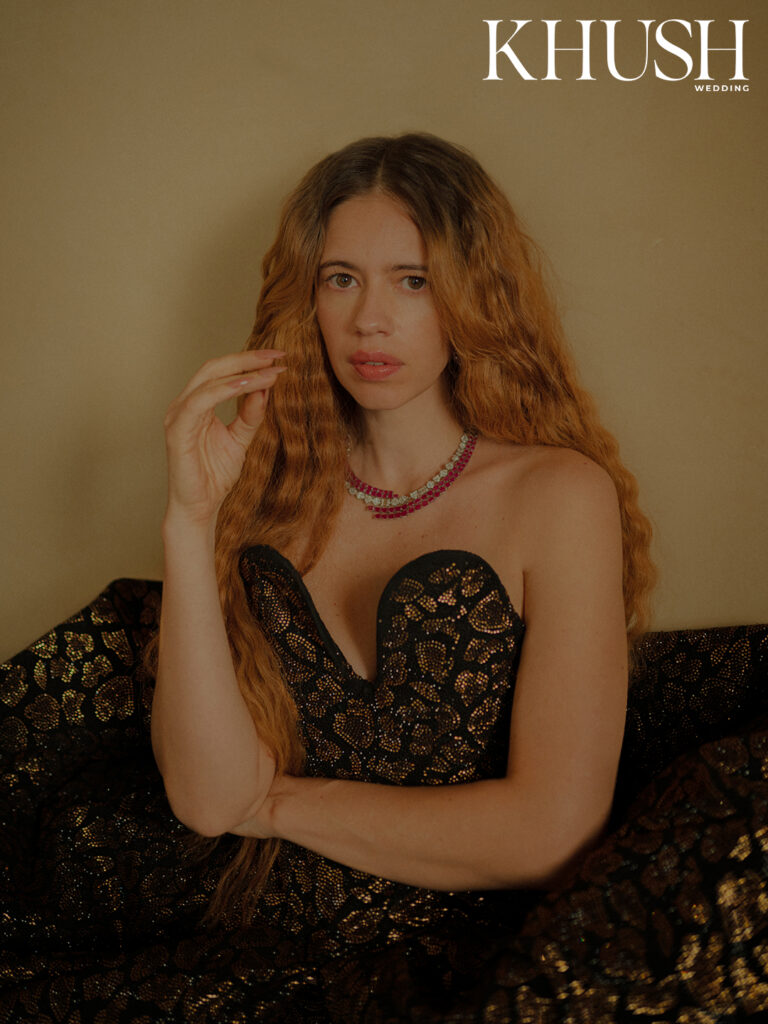
But it was Margarita With A Straw that cemented her reputation as one of India’s most fearless performers. Playing Laila, a bisexual woman with cerebral palsy, Kalki took on a character rarely given screentime in Indian cinema. She immersed herself in the role through rigorous preparation. “I shadowed Malini Chib [the director Shonali Bose’s cousin and the inspiration for the character] around everywhere. She let me stay with her, eat with her, and even have cocktails with her,” Kalki laughs. “I worked with Malini’s physiotherapist and speech therapist to learn muscularly what happens.” For Kalki, the role further deepened her empathy towards the LGBTQ+ community. “I didn’t even have second thoughts playing queer. It was so normal for me because I have many queer friends. I was also happy to represent it in a way… One of the most endearing parts was friends and well-wishers who told me later they got the courage to come out to their loved ones after watching the film.”
Upwards and onwards
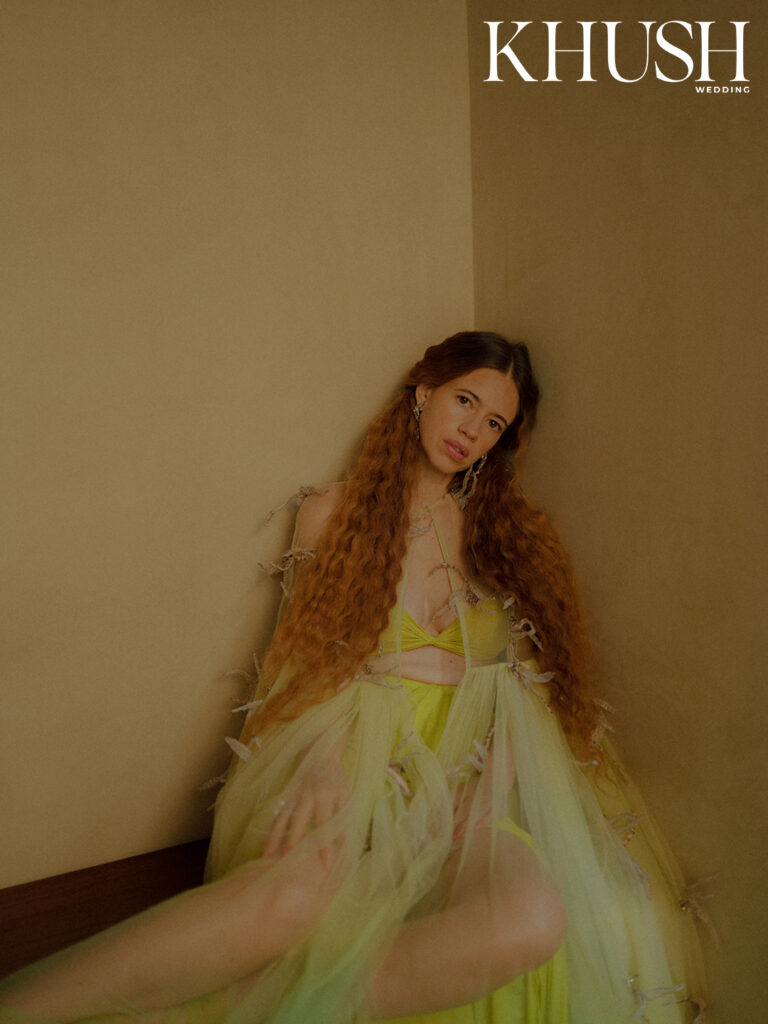
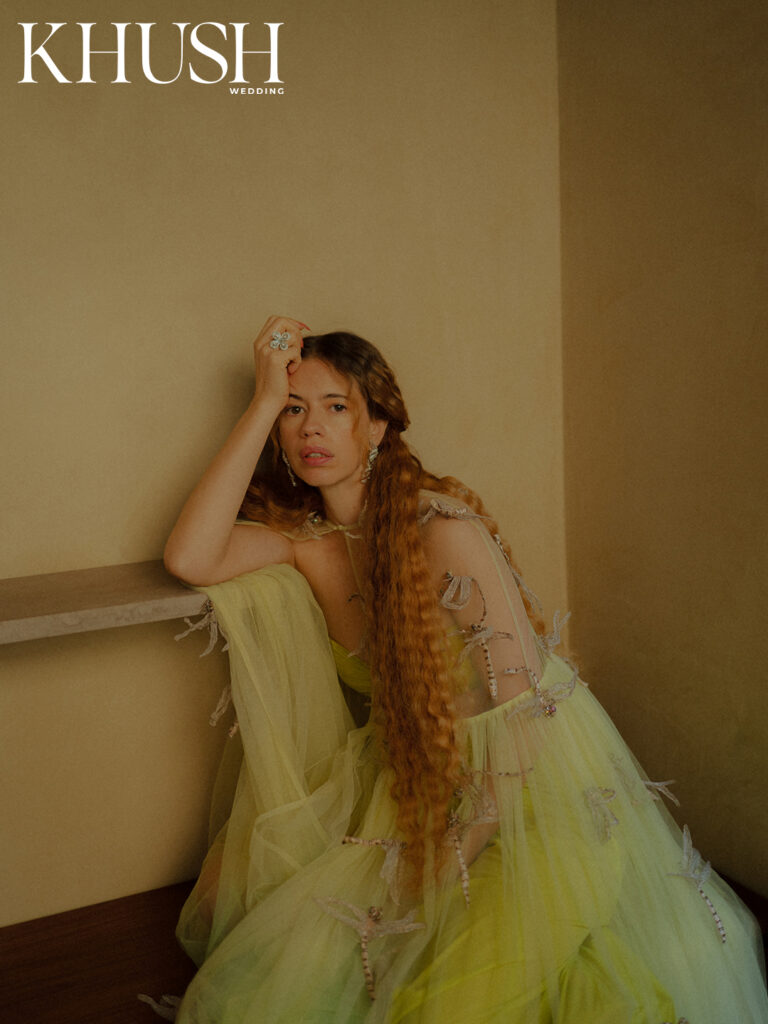
Despite being an actor, she is refreshingly candid about her work and its harsh realities. On her horizon are three very different projects: Nesippaya, a Tamil romantic film by Vishnu Vardhan; Azmaish, a drama directed by Sabiha Sumar; and Emma & Angel, an English-language film where she stars alongside a speech-impaired writer and her dog. Each promises to showcase her versatility, yet Kalki is unflinchingly honest about the larger picture. “There’s nothing happening. It is not a good time to be in the industry. Everyone is unemployed. I don’t know if it is an economic issue. I am looking for work, but the right kind. Several actor friends are in the same boat,” she admits about the lull in her career today.
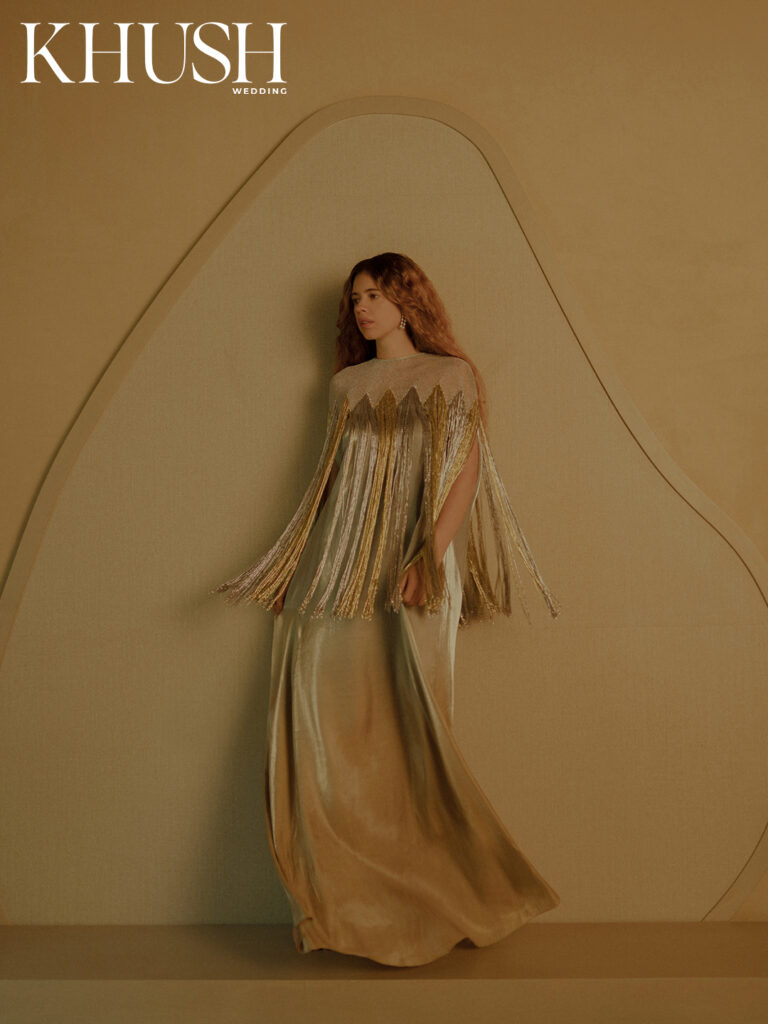
The challenges deepen with age. “There’s still a lack of roles written for women, like me, in their 40s. I assume it’s because people don’t know what’s happening to women during their perimenopause and menopause. I’d love to do a rom-com about a woman who gets a second chance at life.”
Once a mom
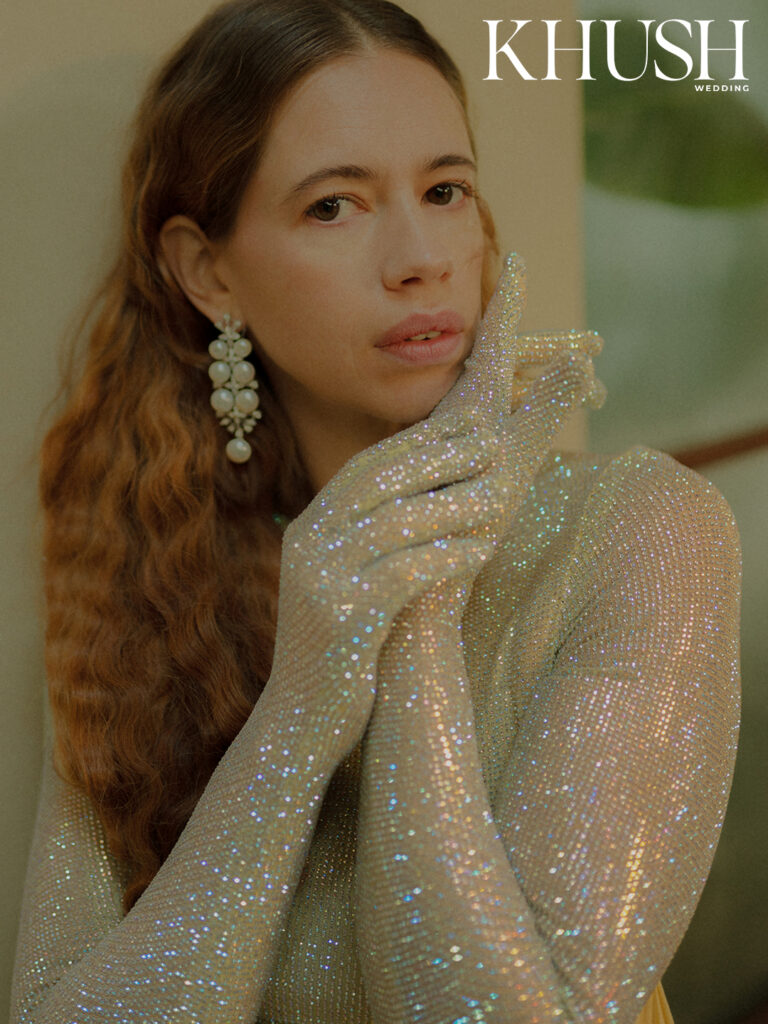
But reinvention has always been Kalki’s most defining virture, whether it manifests as daring choice of roles, she dabbling into writing or the way she carves out space for herself in an industry that often struggles to define women on their own terms. In the sunny, slow state of Goa, her now adopted home, reinvention has taken on a more personal meaning. It’s where she is building a life with her husband, musician Guy Hershberg, and their daughter Sappho. “He’s Jewish; part Russian, part Polish, part Iranian. I’m of French origin, born and brought up in India. My first name is Hindu, my last name is Protestant. We have a daughter with a Greek name to whom we speak in Hebrew, French, Hindi, and Tamil,” she says, amused at the kaleidoscope of cultures within their family.
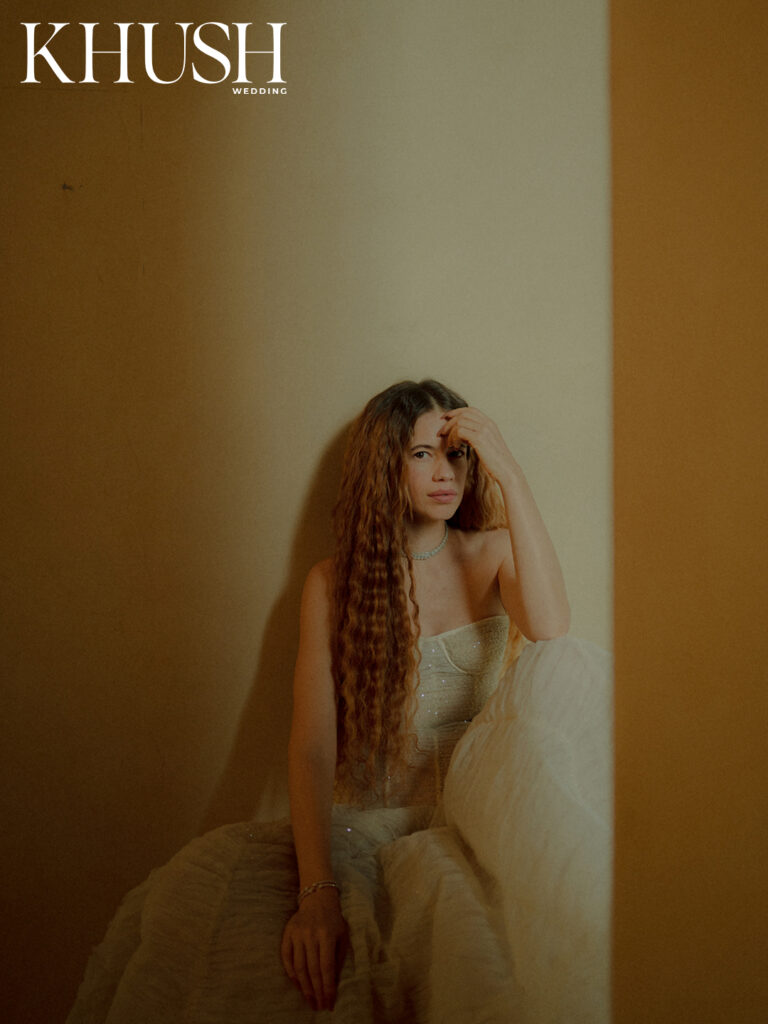
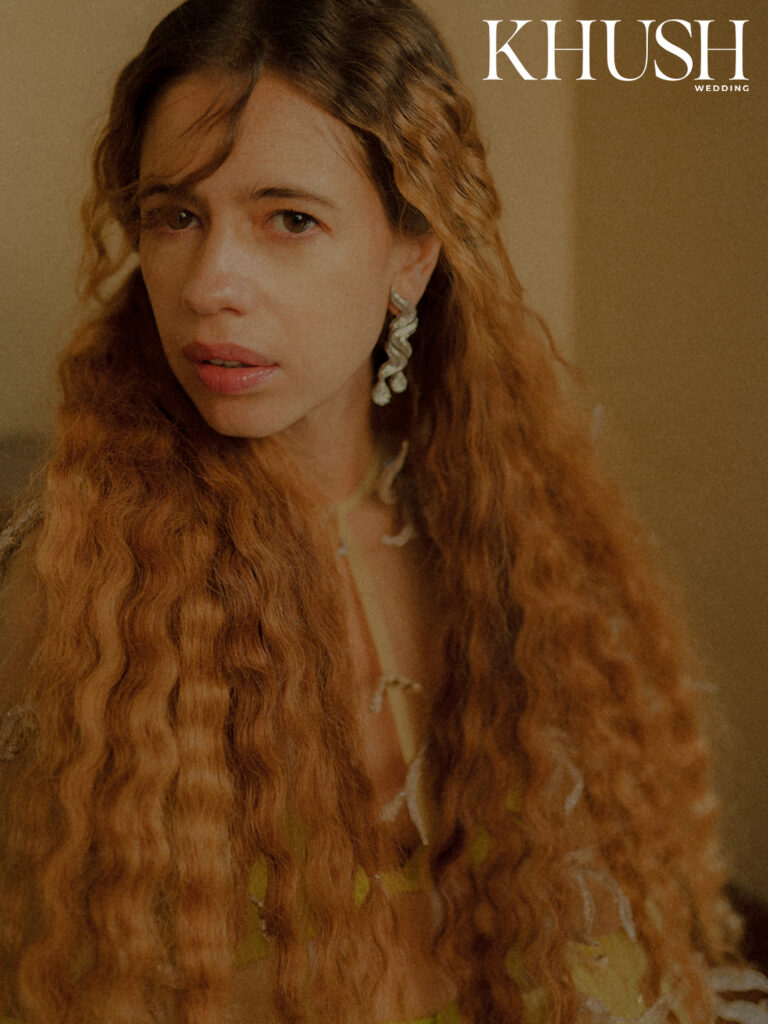

Motherhood, however, wasn’t seamless. Her postpartum phase amidst the pandemic, she admits, was marked by exhaustion. “I was too busy breastfeeding, cooking, cleaning. My priority was just sleeping.” That raw candour also informed her memoir ‘The Elephant in the Womb’, a mix of personal essays and illustrations about pregnancy and parenting, as well as her ongoing monologues and talks on feminism. Today, her priority is making the most of her time with Sappho. “We are always on our phones. So, I have enforced a no-phone rule when we are spending time together. I want her to feel presence, silence and boredom too, because they are important for creativity. It is a small practise to protect our togetherness and teaching her the value of unhurried living.”
Of all the lives she has lived, as an actor, theatre artist, indie film star, activist, “being an actor and a mother feels most like home right now,” she concludes as gathers her things to rush off for school pick-up.
Editor-in-chief: Sonia Ullah
Photography: Harmeet Singh Sana
Videography: Video: Studio Thirty6 Films
Creative Director: Manni Sahota
Fashion Editor: Vikas Rattu
Jr. Fashion Editor: Tanishq Malhotra
Concept & Styling: Tanishq Malhotra
Words & Interview: Nupur Sarvaiya
Jewellery: Shri Ram Jewellers Raipur
Outfits: Itrh, Rahul Mishra, Gauri & Nainika, AKHL
Footwear: Christian Louboutin
Hair & Makeup: Seerath Sheik
Styling Assistants: Bhavya Jain & Minakshi
Management: Straight Talk Comm
Location: The Trilight



